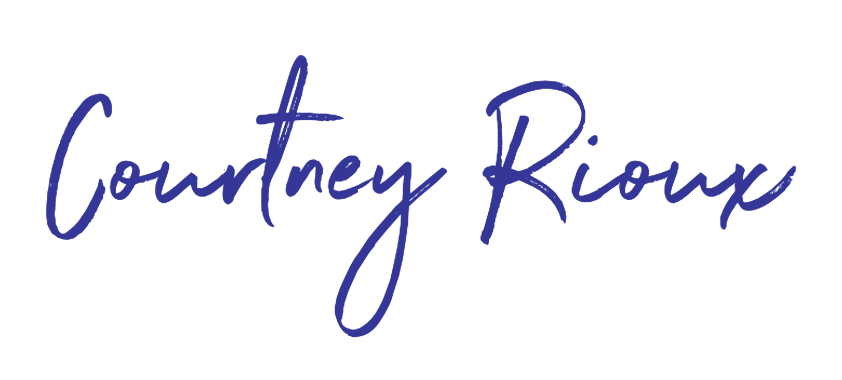To Train or Not to Train – Part I: At a Certain Point, Does an Actor Still Need Training?
As we move through our careers as artists and attain a certain level of success (whether that be consistently booking guest stars and recurring roles, becoming a member of a reputable theater company or some other definition of success), it can be tempting to think that you’ve “gotten there” and that there’s no longer a need for training.
I’ve also seen students come straight out of conservatory training programs thinking that they’re all set. They have all the training they need, and they don’t need to attend class or regularly “work out” their acting muscle.
As an actors’ business coach, and an actress myself, I know that ongoing training is vital to success as a performance artist. This is true because not only is continual growth and expansion important to any art form, but also because your competition is training. If you want to book work, you must train.
Over the last few weeks, I’ve interviewed some important industry voices on the topic of training. Here’s what they had to say...
Is ongoing training Important?
Michael McCracken, actor and founder of the Vagabond School of the Arts and former talent agent: “I do think that ongoing training is important. We as artists/humans are ever-changing; we are inherently students of life. Life never stops changing, so you can’t, either!
“As actors/artists, we must always be looking to better ourselves and hone our craft. Not only through working on a project, but through work that truly challenges us. To get better and deeper in his art, a painter gets up every day and paints; a writer gets up every day and writes; a musician... you get it.
“Why shouldn’t actors get up every day and do their art in a way that challenges and fulfills them?”
Share on Twitter if you agree!
Sean Bradley, Actor, co-founder of The Green Room Studio and former casting associate: “I think if acting is approached as an art form then growth through training and exploration on a regular basis is the defining feature. A personal definition of ‘art’ for me has always been any endeavor one engages in that provides a lifetime of continual growth and exploration.
“The journey is training. It does not have to be constant involvement in an institution that takes one’s money; most of all deep learning is taught through one’s own self-discovery, practice and examination, but most of us lack the ability to sustain self-involvement without an organized class environment on at least a semi-regular basis.
“A great teacher can spark questions, tempt us with new ideas, and inspire one to go searching for new breakthroughs on how this art form of communication lives and breaths and works. An actor should feel out that balance between time spent in classes and breaks (where they step away and deeply explore on their own).”
Brian King, Actor and Teacher at The Green Room Studio: “I think continuing to learn as an actor is as important as it gets. But also continuing to learn as a person in general is important. Every bit of in-class knowledge and experience as well as out-of-class knowledge and experience is worth collecting to put in your acting tool box, whether you end up using it or not.
“The longer you’re in the business, the more you grow. The older you get, the parts you go out for start to change and you have to be able to evolve with that. Absorb it all. Your training should never stop.”
Jimmy Carrane, Performer, Teacher and Author: “I don’t know too many actors or improvisers who are content where they are in their career. If you are, you can stop reading right now. But, if you are an improviser and you want to do TV and film, and you have no experience doing it, by all means, take an on-camera class. If you are an actor who is asked to improvise in commercial auditions and you are not very comfortable doing it, take an improv class.
“People sometimes think, ‘I am an accomplished stage actor,’ or ‘I am on a house team at an improv theater, I don’t need any more training.’ In most cases, the credits don’t transfer. Just because you have mastered one medium does not mean that you will automatically master another one.
“My experience is that it will take less time to master a new skill because of your prior experience, but it will not happen over night, which is why ongoing training is so important.”
The verdict seems to be in: ongoing training, at least to these industry heavy-hitters, is very important. So, where do you train? What do you think about the idea of continuing to train and develop your skills as an artist? Leave a note in the comments area, below!
We’re not done with the conversation yet! Next week, we’ll dive a little deeper with Michael, Sean, Brian, and Jimmy and talk about how Chicago actors can keep up with actors in New York and Los Angeles.
Courtney Rioux, The Whole Artist coaches actors and other creative talent who feel stuck in their career and want more out of life. She's here to help you shift your mindset from stuck and unhappy to empowered and joyful — all while making it feel fun and easy. It’s like therapy without the therapy.
Check out My Big Year 2016 to join a coaching group with other artists who are continuing to develop their skills!
